I’d Hate Me Too
Confessions of a Stab Highway mall cop.
Stab Highway presented by Monster Energy was the best and worst week of my life.
We’d done all the planning. Come up with the challenges. Consulted our legal team (okay, maybe not). The only thing left to do was enjoy the ride…and not kill anybody along the way.
Despite a few close calls, we mostly succeeded. The only real casualty was to the ego and mental health of our head judge. Me.
But put away your hanky — this is not a sob story. I’m here to tell you how this year’s Stab Highway actually worked, why all the teams ended up hating me, and why they were (mostly) right.
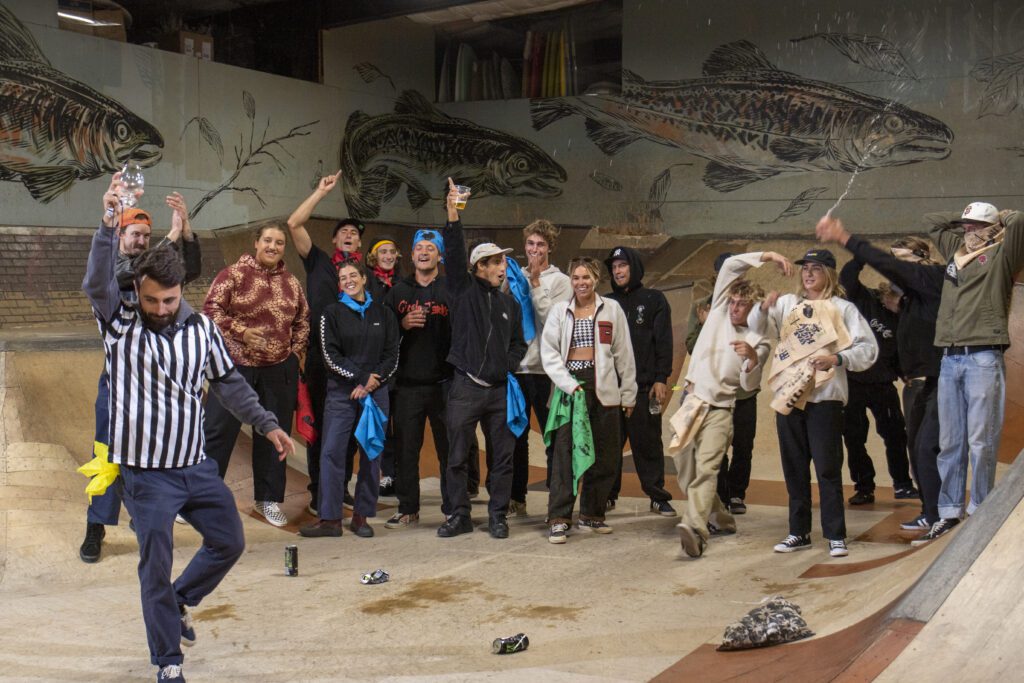
The format of this year’s Stab Highway California presented by Monster Energy was very different from last year’s iteration. In Australia, there were 30 total challenges to be completed by all four teams over the course of 10 days. Once the 10 days were up, the teams would submit their interpretation of the 30 challenges to a panel of judges, who would then determine which teams performed each task “best”.
The team that completed a challenge most to the judges’ liking would receive four points for their efforts, while the “worst” performing team would get one point (three and two points going to the second- and third-place teams, respectively). Repeat this process 29 more times, tally all the points, and we have our winners — Jaleesa Vincent, Noa Deane, Shaun Manners, and Wade Goodall.
This year, we switched things up. Instead of 30 challenges, there are 120, each of which has a different point value between 1-10 (the point value of a challenge depends on difficulty and danger, among other factors).
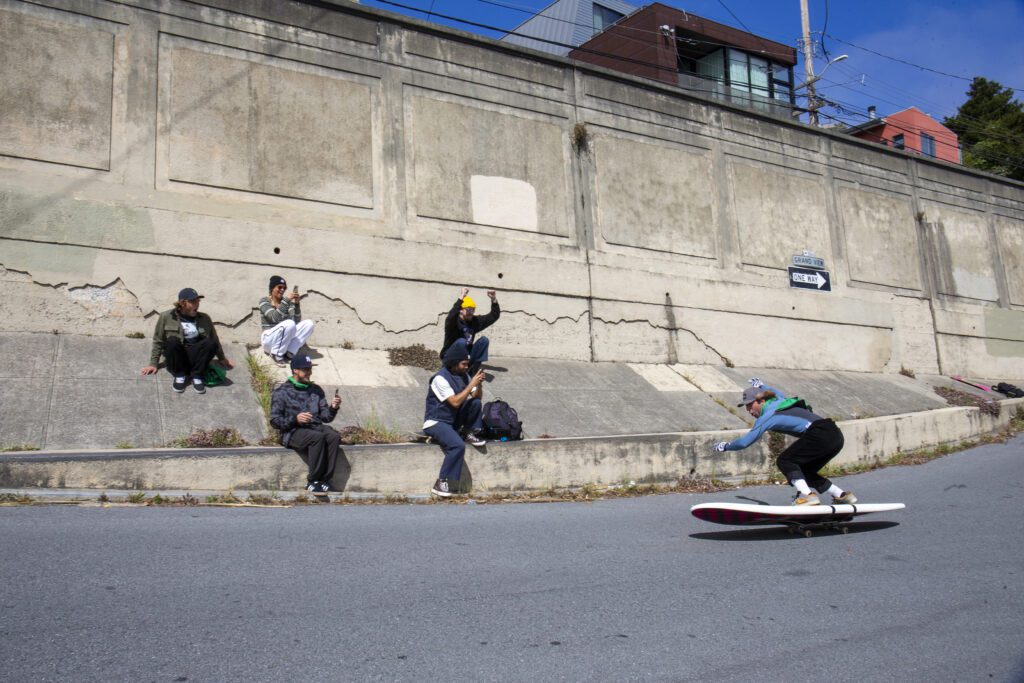
Rather than being judged relative to one another, teams were graded on a simple yes/no scale. If they completed a challenge to our satisfaction, they got full points. If they did not, they got zero and had to try again. All the teams were encouraged to complete as many challenges as possible in each region, as their point totals would determine whether or not they advanced.
That’s the other big difference this year — teams were eliminated as the trip progressed. We had two eliminations before the grand finale based on the total amount of points. The third- and fourth-place teams were not able to compete in the final challenge or win the trip to Kandui Resort.
In order to do this, we needed to keep track of all the teams’ points as we went…this meant offering (semi-)live judging for challenges. When you have four teams in totally different places at totally different times, this is difficult to achieve.
So, we devised a plan. A rudimentary plan, but a plan nonetheless.
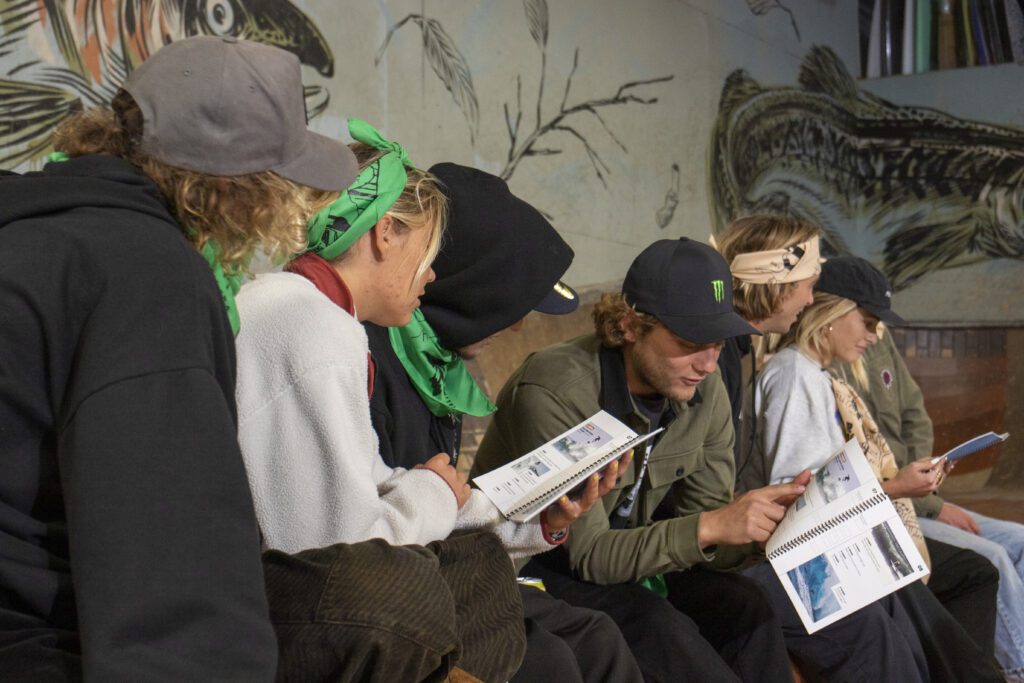
The first step was electing a solitary judge. Due to the fast-paced nature of this year’s project, we didn’t have time to discuss the validity of challenge attempts with a ‘panel of experts’. Challenges would either be complete or incomplete, with little room for argument or equivocation.
For this role, we needed someone who was respected, decisive, and impervious to both empathy and criticism — I am none of these things, but an undiagnosed case of OCD/Aspergers and Napoleon complex made me the obvious choice for the job, which I reluctantly accepted. Throw in a ref’s jersey and a whistle, and we’ve got a villain origin story that even DC would Marvel at.
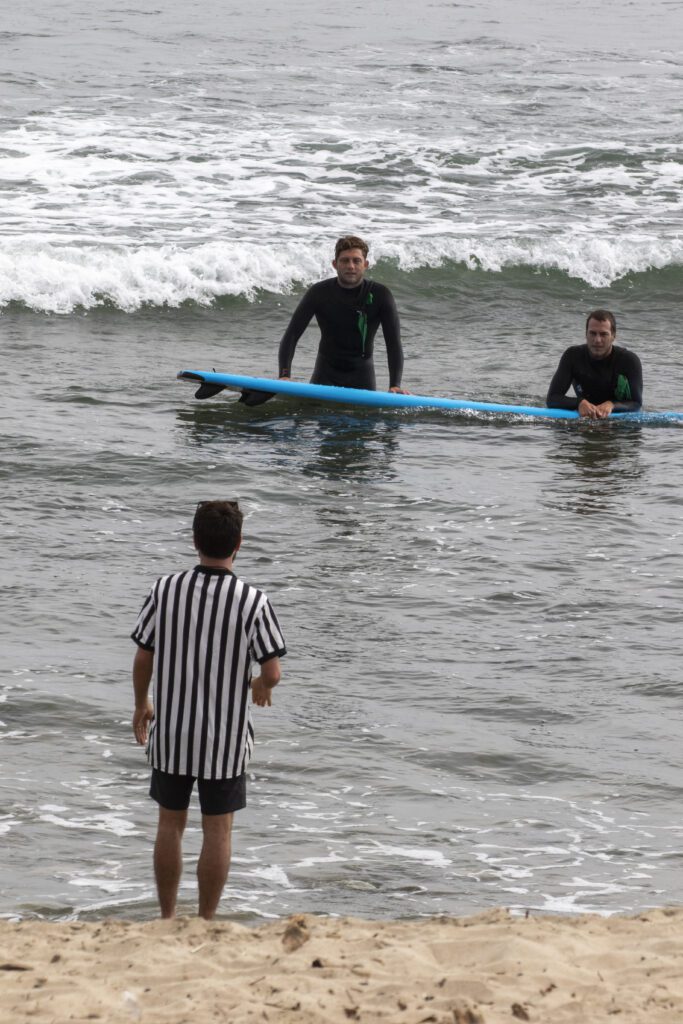
Of course, I couldn’t be everywhere all the time. With four teams to follow and 600 miles of California coast to cover, we needed to figure out a way that I could judge all teams no matter where they (or I) were located.
So here’s how my job worked:
Every time a team believed they’d completed a challenge, they would use an iPhone to film the attempt on their filmer’s camera screen and send it to their team’s group chat, which included Garrett James — the show’s host and co-producer/director — and myself.
Once a submission was received, I would watch the clip and give it a green check emoji for “good” or a red X for “no good”. Incomplete challenges received a brief text explanation (“You aired next to the rock, not over it.” “A piece of celery wrapped in a tortilla is NOT a burrito.” Etc.), or in more nuanced cases, a selfie video response. Here’s an example.
As you can imagine, teams became quickly averse to the red X…and my face.
Mikey didn’t count our trolley skitch? He’s a Mall Cop.
Over the course of any given day, I was fielding between 40-80 challenge submissions via text. Some were cut and dry. Yes. No. Others were not as simple to call, so I recruited Garrett and Matt Baker — Stab Highway’s third (and final) co-producer/director — to talk through them and make a final decision. Then at midnight each night, Garrett and I would tally all the teams’ scores so we knew what the current leaderboard looked like.
So in a way, we did end up with a makeshift judging panel. But regardless of who weighed in on a call, it was my name, face, and stupid fucking ref’s jersey they saw attached to the ruling. The animosity spiraled.
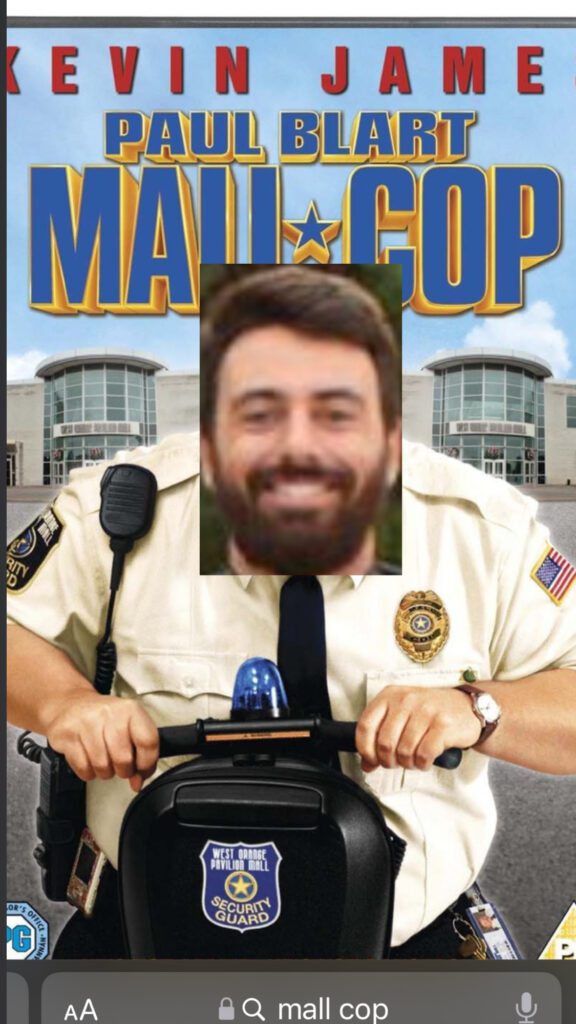
Funnily enough, it was the people who refused to blatantly mock me — those who, instead of calling me names or threatening to shave all my facial hair, simply shook their heads in disappointment at a call against their team — who hurt the most.
When Noah Waggy can hardly look you in the eye, you know you’re a fucking asshole.
But at the same time, this job had to be done. If we’d simply let the surfers decide when they had or had not completed the challenges, everyone would have ended up with the same amount of points (all of them), and we wouldn’t be able to crown a winner…or banish losers along the way.
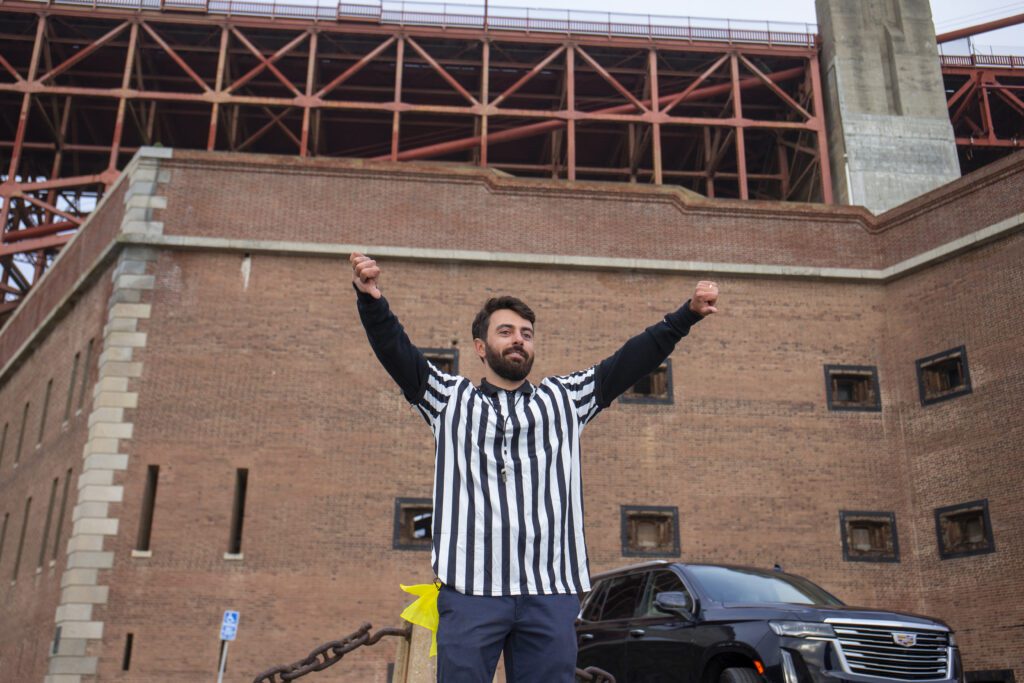
Did I get some calls wrong? Sure. Did I act like a dickhead? Certainly. Do the surfers have every right to hate me? Absolutely. If I were in their position, I’d hate me too.
Being the judge of Stab Highway California gave me a greater appreciation for all the judges, refs, and decision-makers of the world. It’s truly a thankless job that requires a thickness of skin not even @stab’s Instagram comments can prepare you for.
This experience shattered my ego, dampened my soul, and made me question my entire existence.
I can’t wait till next year.
Watch Stab Highway presented by Monster Energy episode one here. Episode two drops Thursday, June 30th at 6 pm PST.


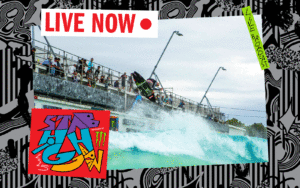
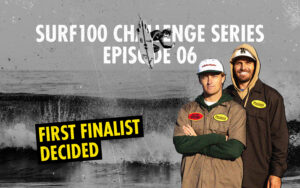
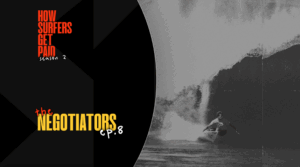








Comments
Comments are a Stab Premium feature. Gotta join to talk shop.
Already a member? Sign In
Want to join? Sign Up